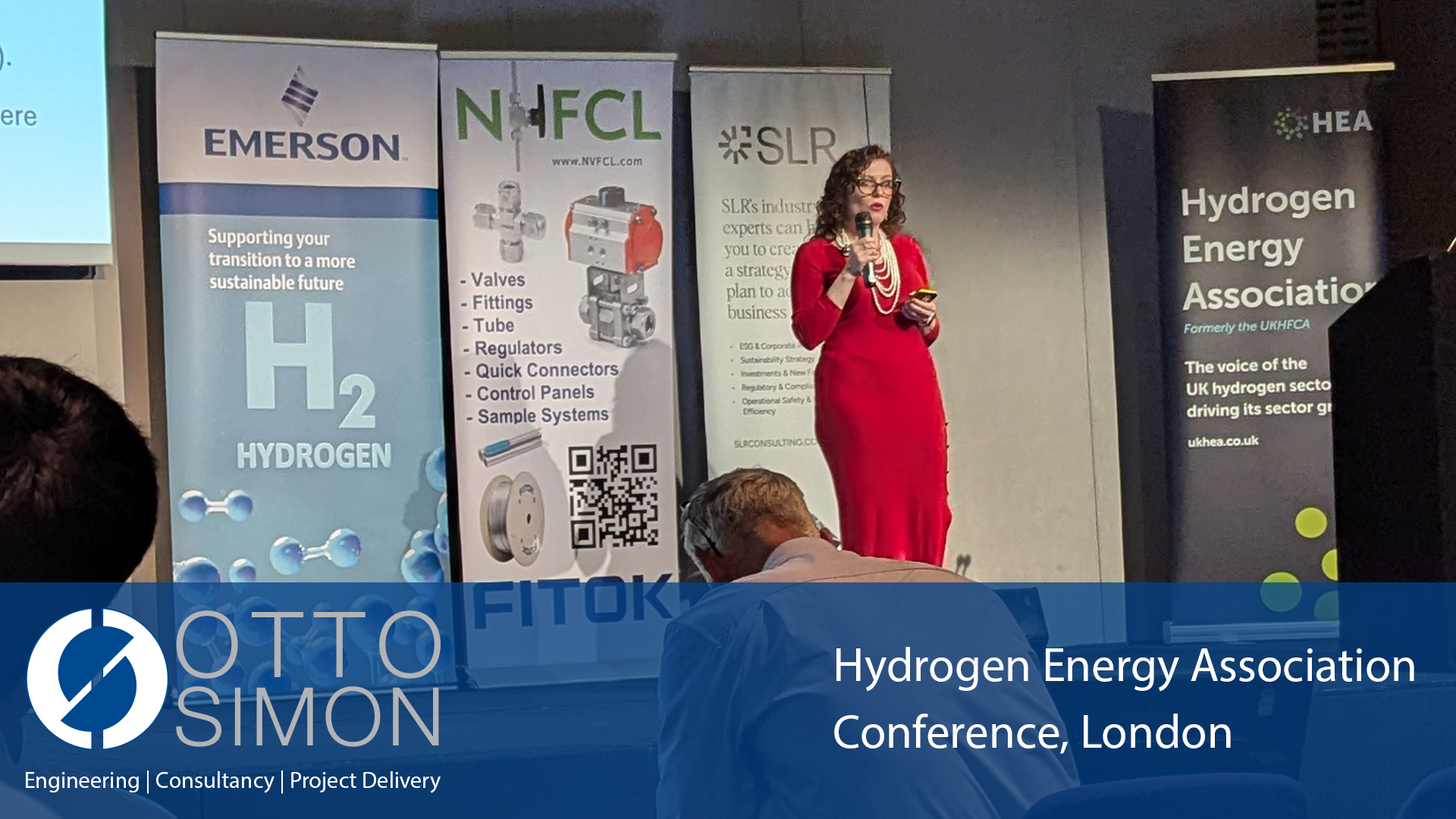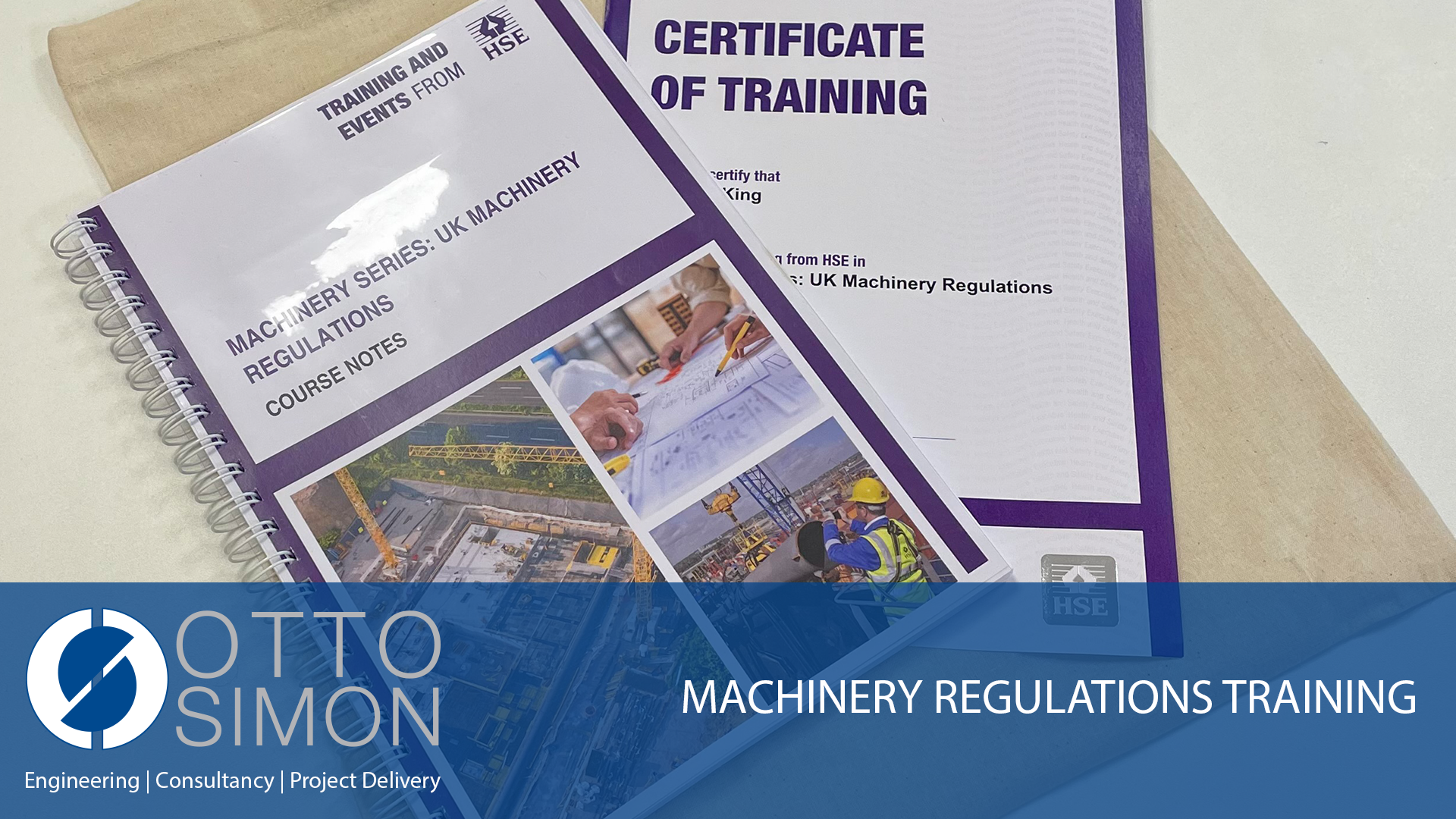HyNet Secures Funding Boost
Otto Simon • March 22, 2021
HyNet secures £72m decarbonisation funding boost
The HyNet North West hydrogen and carbon capture and storage (CCS) project is being developed by a group comprising Progressive Energy, Cadent, CF Fertilisers, Eni UK, Essar, Hanson, INOVYN and the University of Chester. The project aims to decarbonise industry by capturing and storing emissions, converting natural gas into low carbon hydrogen and providing a blend of hydrogen and natural gas to local homes and businesses. Creating a hydrogen economy across the North West, the project will repurpose oil and gas facilities for carbon transport and storage and aims to reduce CO2 emissions by 1 million tonnes per year from 2025, rising to a reduction of 10 million tonnes per year from 2030.
On 17th March, the HyNet North West project shared the news that they’ve been awarded £33m in funding from the UK Research and Innovation (UKRI) government body. Supported by a further £39m of private funding from the HyNet consortium, the funding will help accelerate a final investment decision in 2023 for the initial phase and become operational in 2025.
This project is an essential part of the UK Government’s 10-point-plan for a green industrial revolution and the project will help transition the UK to net-zero greenhouse gas emissions by 2050.
The North West industrial cluster which stretches from Flintshire and Wrexham, through Cheshire, Liverpool City Region and Greater Manchester into Lancashire will be the main area of focus for the project. This area boasts the largest concentration of advanced manufacturing and chemical production in the UK, the area is home to a concentration of energy-intensive users, and so the project will pave the way for industrial decarbonisation across the country.
Otto Simon is delighted by the opportunities this funding will create for the North West, and is proud to be supporting the development of a hydrogen economy. As a member of the North West Hydrogen Alliance, Otto Simon is currently supporting pioneering UK hydrogen projects, providing practical hands-on engineering expertise to the feasibility studies, due diligence, commercialisation and re-purposing of conventional gas equipment to utilise blended hydrogen or pure hydrogen as a fuel source.
We are currently working with Progressive Energy on the Industrial Fuel Switching programme, part of the HyNet project responsible for demonstrating the feasibility of using a blended and a pure hydrogen fuel supply for industrial sites in the North West, including Pilkington UK Ltd. The project is also investigating the conversion to hydrogen of several major industrial plants, including boilers, kilns, furnaces and heaters for major companies. The plants will be supplied by low carbon hydrogen by pipelines from the production plant being development at Stanlow under the Hydrogen Supply programme. Otto Simon also supported the HyDeploy project at Keele which trialled the use of blended hydrogen in domestic settings.
The HyNet North West project underpins a regional commitment to carbon neutrality with additional exciting opportunities being explored and advanced by Net Zero North West. Visit the HyNet website for more information.
Back to Blog


 Show More
Show More
Recent Blog Posts

At Otto Simon, we’ve been carefully reviewing the UK’s Modern Industrial Strategy 2025 to understand the potential impact on the sectors we serve — and, more importantly, how this may affect our clients and partners. While we highly recommend reviewing the full strategy yourself at The UK's Modern Industrial Strategy 2025 - GOV.UK , here are the main take-away points from Otto Simon’s perspective: Chemicals Sector The strategy outlines several important proposals aimed at supporting the UK’s chemicals and manufacturing industries. Key areas of focus include: Reducing Industrial Electricity Costs – The government aims to expedite grid connections for new power generators and increase investment in green energy. In addition, continued support for the Energy-Intensive Industries Compensation Scheme is planned. For many Otto Simon clients who rely on high volumes of energy for their operations, these measures could significantly lower overheads. Historically, UK industry has faced much higher electricity costs than many international competitors — so this change should improve both competitiveness and investment potential. Easing the Regulatory Burden – Otto Simon supports clients in meeting both legal and moral obligations around safety and compliance. While regulation remains essential for managing risk in high-hazard environments, unnecessary administrative burdens often create inefficiencies. Although further detail is awaited, we will continue to monitor developments and help our clients interpret and implement any changes to legislation or industry standards. Improving Infrastructure and Planning Processes – The strategy includes proposals to reduce planning barriers and invest in key infrastructure. Improved logistics and access to essential inputs can enhance operational reliability and help maintain competitiveness across the chemicals sector. Hydrogen Sector The government has reaffirmed its commitment to clean energy — including hydrogen — by doubling investment in the sector. This aims to strengthen the UK’s position as an early leader in the hydrogen economy, particularly in technologies such as electrolysers and engineering services. The transition from natural gas to hydrogen represents a key component of the UK’s future energy strategy, with significant potential for decarbonising industrial processes. Otto Simon continues to support clients seeking to integrate hydrogen as a viable fuel source and remains actively involved in the delivery of practical, large-scale hydrogen solutions across heavy industry. This includes supporting the development of projects under the UK’s Hydrogen Allocation Rounds (HAR1 and HAR2), which aim to bring low-carbon hydrogen production to commercial scale. Industrial Biotechnology Sector Otto Simon has a strong track record in supporting innovative companies working in fermentation and biotechnologies. While the 2025 strategy does not explicitly target industrial biotechnology, adjacent sectors — such as pharmaceuticals and clean energy — are likely to benefit from broader support measures. We acknowledge that the UK/US trade agreement may impact the competitiveness of certain bio-based fuels such as bioethanol, but the UK remains home to a vibrant innovation ecosystem. Otto Simon stands ready to assist these organisations in developing technologies that support the UK's sustainable future ambitions. Emergent Technology Sector The strategy makes clear the government’s ambition to support the entrepreneurial ecosystem — a key segment of Otto Simon’s Emergent Technology client base. Key initiatives include: Driving Innovation – The government is looking to incentivise collaboration between academia and industry, fostering innovation-led growth across the UK. With many ground-breaking technologies historically relocating abroad due to high costs, the government’s goal is to retain and nurture these businesses within the UK economy. Improving Access to Finance – Through grants, loans, and tax relief schemes, the government intends to support early-stage and high-growth businesses. Expanding access to funding can help these companies commercialise innovations and scale operations. Otto Simon continues to support emergent technology enterprises — offering expertise from concept design through to deployment — ensuring engineering and process challenges don’t slow down innovation. Conclusion The 2025 Industrial Strategy signals a renewed focus on long-term government support for UK industry — particularly in innovation, clean energy, and manufacturing. Otto Simon will continue to track these developments closely, working alongside our clients and partners to ensure they remain informed, prepared, and positioned to benefit from the evolving industrial landscape.

Otto Simon recently attended the Hydrogen Energy Association (HEA) annual conference in Westminster, London, a key event for the hydrogen industry. The conference featured a keynote speech by Sarah Jones, UK Government Minister of State for Industry and Net Zero , highlighting the government's commitment to this crucial sector. Our team had the invaluable opportunity to hear directly from industry-leading hydrogen experts , gaining first-hand insights into the latest policies and government funding initiatives. This direct access to information is vital for staying at the forefront of hydrogen advancements. Congratulations to Clive Mansfield and Clare Dunkerley from our team, who actively participated in the networking sessions, engaging in discussions about hydrogen and safety —a critical aspect of our work. They also gathered useful information that will directly benefit our ongoing hydrogen projects.

Here at Otto Simon, we're committed to staying at the forefront of safety and compliance in Process Plant projects. That's why two of our seasoned principal engineers, Mike Wray and Mike Westerman, recently attended a crucial refresher course on machinery regulations at the HSE Science and Research Centre. In the world of Process Plant projects, it's common to encounter machinery assemblies where vendors don't provide a declaration of conformity. With the recent publication of the new EU Machinery Regulation 2023/1230/EU, it's more important than ever to be on top of the latest guidelines. This ensures we can continue to offer our UK-based clients the best advice on their responsibilities and how to apply conformity assessments when machinery risks are present. This applies to both new equipment and the repurposing of existing machinery. Considering there are over 800 standards related to machinery design, our approach is meticulous. We utilise a thorough hazard identification process to carefully evaluate risks and implement best practice safety mitigations in all our designs. This proactive approach helps us ensure the highest level of safety for your projects. Please get in touch for assistance.